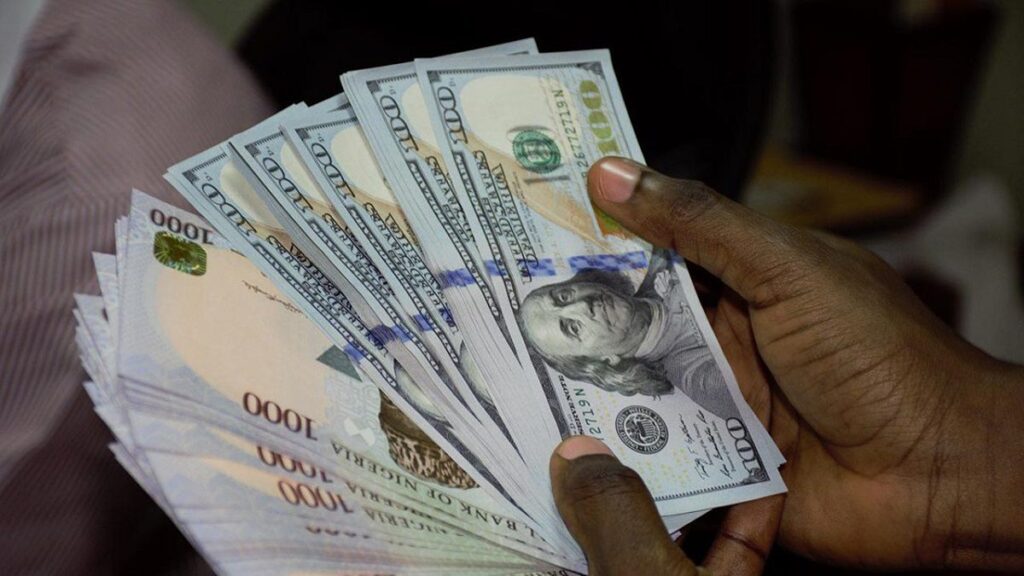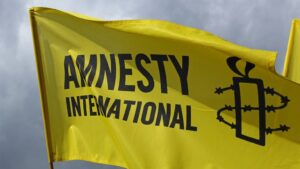The Central Bank of Nigeria (CBN) has announced that foreign currency inflows from local sources have reached their highest point in six years. This shows that confidence in Nigeria’s economy is growing.
This rise is linked to new government policies aimed at improving the economy. These changes have helped boost foreign currency coming into Nigeria’s foreign exchange market.
In May 2025, the total foreign exchange inflow jumped to $5.96 billion, a big increase of 62% from $3.67 billion in April. Most of this money—about $4.96 billion or 83.2%—came from inside Nigeria. This is the highest domestic share seen since 2019.
The increase mainly came from exporters and importers, whose contributions rose sharply from $655.7 million to $3.11 billion. Money from companies outside the banks also went up from $1 billion to $1.11 billion, while individual contributions grew from $15.1 million to $91.4 million. Interestingly, the CBN itself contributed less money, dropping from $1.35 billion to $649.8 million.
Foreign sources made up 16.8% of the total inflows, increasing by 51.7% from $657.4 million to $997.6 million—the highest in three months. Foreign portfolio investors increased their inflows by 61.3% to $880.8 million, while other foreign companies added $83.9 million, up 10%. However, foreign direct investment dropped slightly by 6.3% to $32.9 million.
The CBN also released its latest Purchasing Managers’ Index (PMI), which showed that business activities continue to grow. The overall PMI was 52.1 points in May, just slightly below April’s 52.2. All sectors, including agriculture, industry, and services, remain in expansion, with scores of 53.4, 51.6, and 51.7, respectively.
Analysts from Cordros Capital said the rise in business and forex inflows is due to a better economic outlook. They expect private businesses to keep growing because of improved factors like a more stable naira and lower inflation. However, they also warned that tight financial conditions could slow growth somewhat.
President Bola Tinubu’s economic reforms have earned praise from business leaders and experts worldwide. Africa’s richest man, Alhaji Aliko Dangote, commended the President’s strong leadership and expressed hope for Nigeria’s future.
Dangote highlighted important achievements such as removing fuel subsidies, unifying the naira exchange rate, and encouraging Nigerian industries. He said the President has worked hard to create a supportive environment for private business growth.
Alhaji Abdulsamad Rabiu, Chairman of BUA Group, also praised the government, pointing to rapid progress and infrastructure projects under the President’s leadership.
Globally, credit rating agencies have recognized Nigeria’s economic improvements. Moody’s recently upgraded Nigeria’s credit rating, noting a stronger fiscal position, better foreign accounts, and a government committed to reforms.
Fitch Ratings also raised Nigeria’s rating in April 2025, calling the outlook stable. Fitch praised Nigeria’s clearer policies, freer foreign exchange market, and progress in removing fuel subsidies.
Fitch added that these changes have made Nigeria’s economic policies more reliable and reduced risks, helping the country stay resilient despite local and global challenges.







